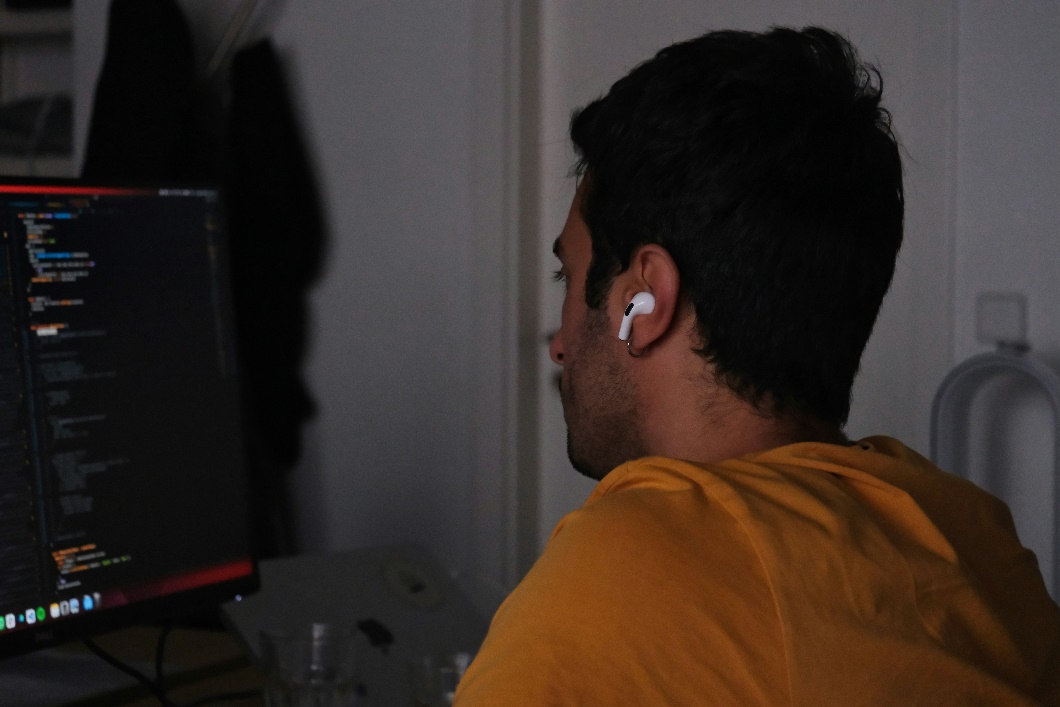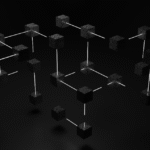Smart contracts are the backbone of many blockchain projects, providing automated, trustless agreements that execute based on pre-defined conditions. However, as blockchain technology evolves, the ability to upgrade smart contracts becomes increasingly important. Smart contract upgradability refers to the mechanisms that allow changes or improvements to be made to deployed contracts without disrupting the network or existing agreements. This blog explores the implications of smart contract upgradability, its potential risks, and how it affects the long-term viability and security of blockchain applications.

Why is Smart Contract Upgradability Important?
Smart contract upgradability is crucial for several reasons:
- Flexibility: It allows blockchain projects to adapt to new requirements, regulatory changes, or improvements in technology. For instance, a blockchain asset investments consultant might need to update a smart contract to comply with new financial regulations or to add support for new altcoin investment options.
- Security: Bugs or vulnerabilities in smart contracts can have severe consequences, including financial loss and reputational damage. Upgradability provides a way to patch these vulnerabilities promptly. This is particularly important for Stablecoin investment consultants and crypto investment firms that handle large sums of money and need to ensure the highest security standards.
- Innovation: Blockchain is a rapidly evolving space, and projects need to innovate continually to remain competitive. Upgradable smart contracts enable projects to integrate new features or optimize existing functionalities, aligning with the services provided by digital asset consulting for startupsand DeFi finance consulting services.
Mechanisms for Smart Contract Upgradability
There are several mechanisms to achieve smart contract upgradability:
- Proxy Contracts: A proxy contract delegates calls to a logic contract that contains the actual code. The logic contract can be replaced with a new version, allowing upgrades without changing the contract address that users interact with. This mechanism is widely used by digital asset management companies and cryptocurrency investment consultants to maintain continuity while upgrading functionalities.
- Modular Smart Contracts: In this approach, different modules or components of a smart contract can be updated independently. This provides granular control over upgrades, making it ideal for NFT portfolio management , investment analysis, and portfolio management
- Governance-Based Upgrades: Some blockchain projects use decentralized governance mechanisms to manage upgrades. Token holders vote on proposed changes, which are implemented if approved. This approach is often favored by real world asset consultants and RWA tokenization investment consultantsfor its transparency and democratic decision-making process.
Risks Associated with Smart Contract Upgradability
While smart contract upgradability offers many benefits, it also introduces certain risks:
- Security Risks: The ability to change smart contracts post-deployment can create vulnerabilities, particularly if the upgrade process is not adequately secured. Blockchain asset consultingservices emphasize the need for rigorous security audits to mitigate these risks.
- Centralization Risks: If upgrades are controlled by a central authority or small group of developers, it can undermine the decentralized nature of blockchain projects. Digital asset consulting for complianceoften addresses these concerns by advocating for decentralized governance models.
- Complexity: Upgradable smart contracts can be more complex to design and maintain, potentially increasing the risk of bugs and errors. This complexity can affect the operations of digital asset management services and portfolio management consultants.
Long-Term Viability and Security
The long-term viability of blockchain projects depends significantly on the ability to adapt and evolve. Upgradability is a double-edged sword—it provides the necessary flexibility and security to keep projects up-to-date and safe, but it also requires careful management to avoid introducing new risks. Global digital asset consulting firms and crypto investment companies play a critical role in helping projects navigate these challenges, ensuring that smart contracts remain robust and secure over time.
Conclusion
Explore more about smart contracts and blockchain technology with Kenson Investments’ educational resources to stay informed and navigate the evolving landscape of digital assets confidently.
Disclaimer: The information provided on this page is for educational and informational purposes only and should not be construed as financial advice. Crypto currency assets involve inherent risks, and past performance is not indicative of future results. Always conduct thorough research and consult with a qualified financial advisor before making investment decisions.
“The crypto currency and digital asset space is an emerging asset class that has not yet been regulated by the SEC and US Federal Government. None of the information provided by Kenson LLC should be considered financial investment advice. Please consult your Registered Financial Advisor for guidance. Kenson LLC does not offer any products regulated by the SEC, including equities, registered securities, ETFs, stocks, bonds, or equivalents.”














